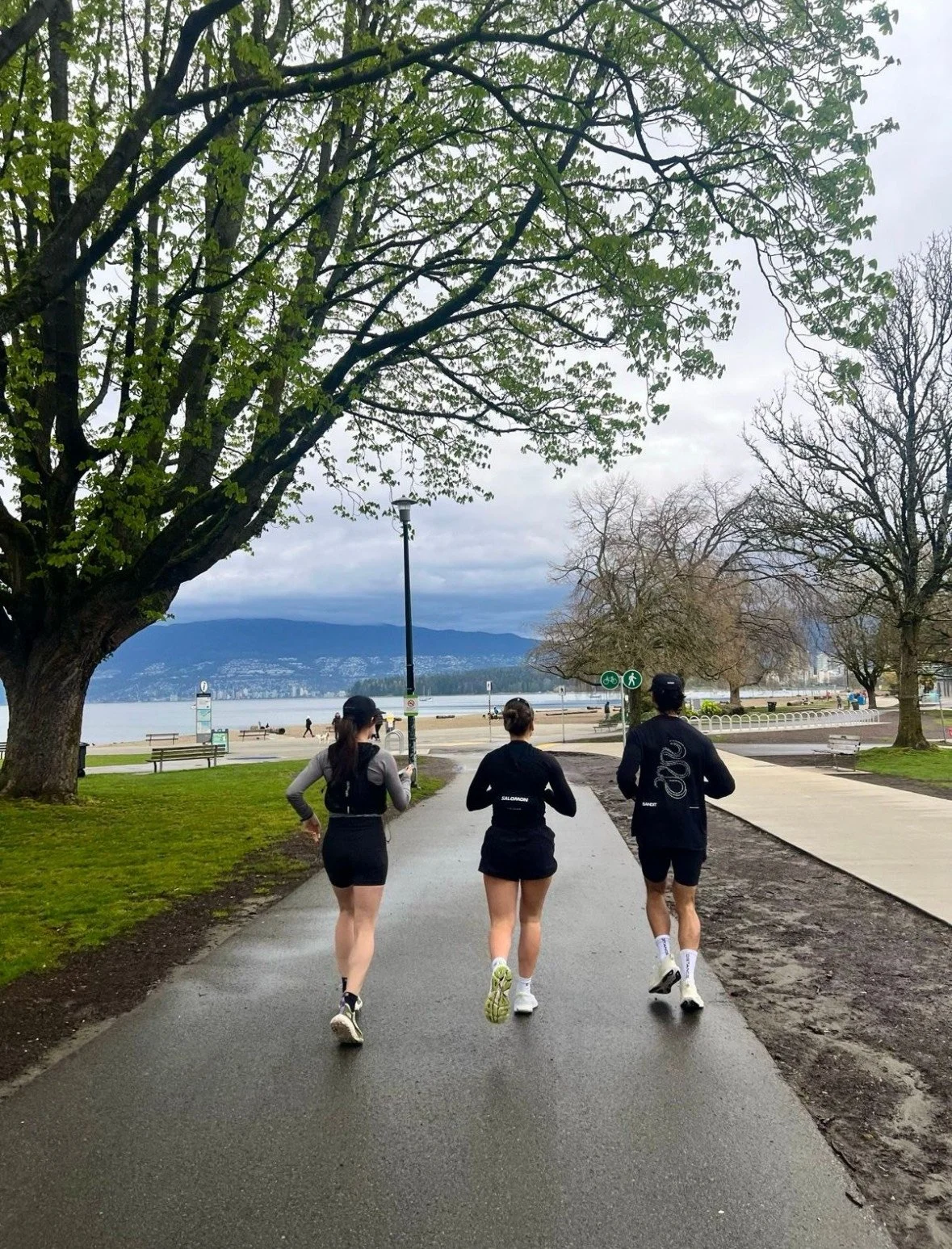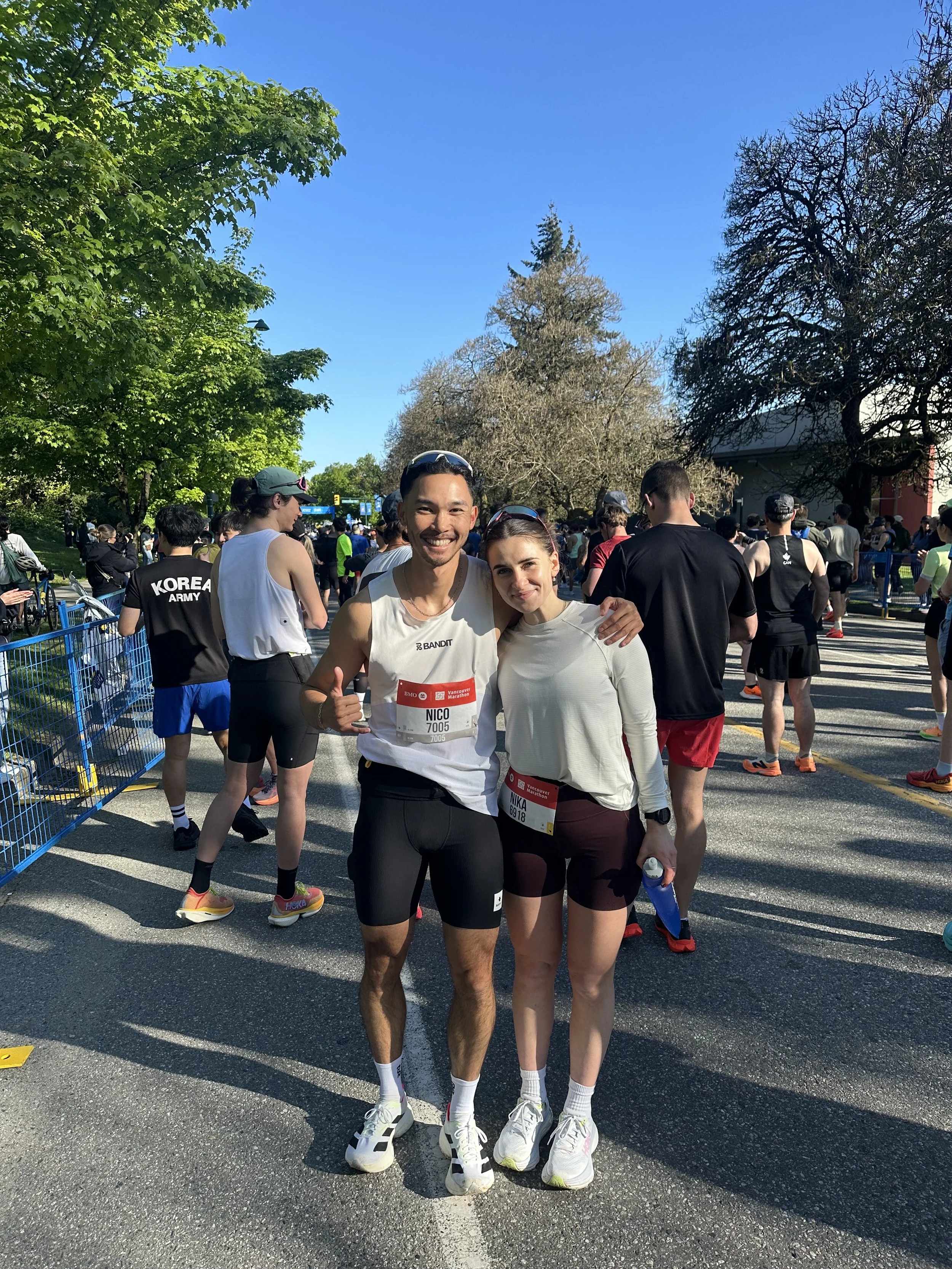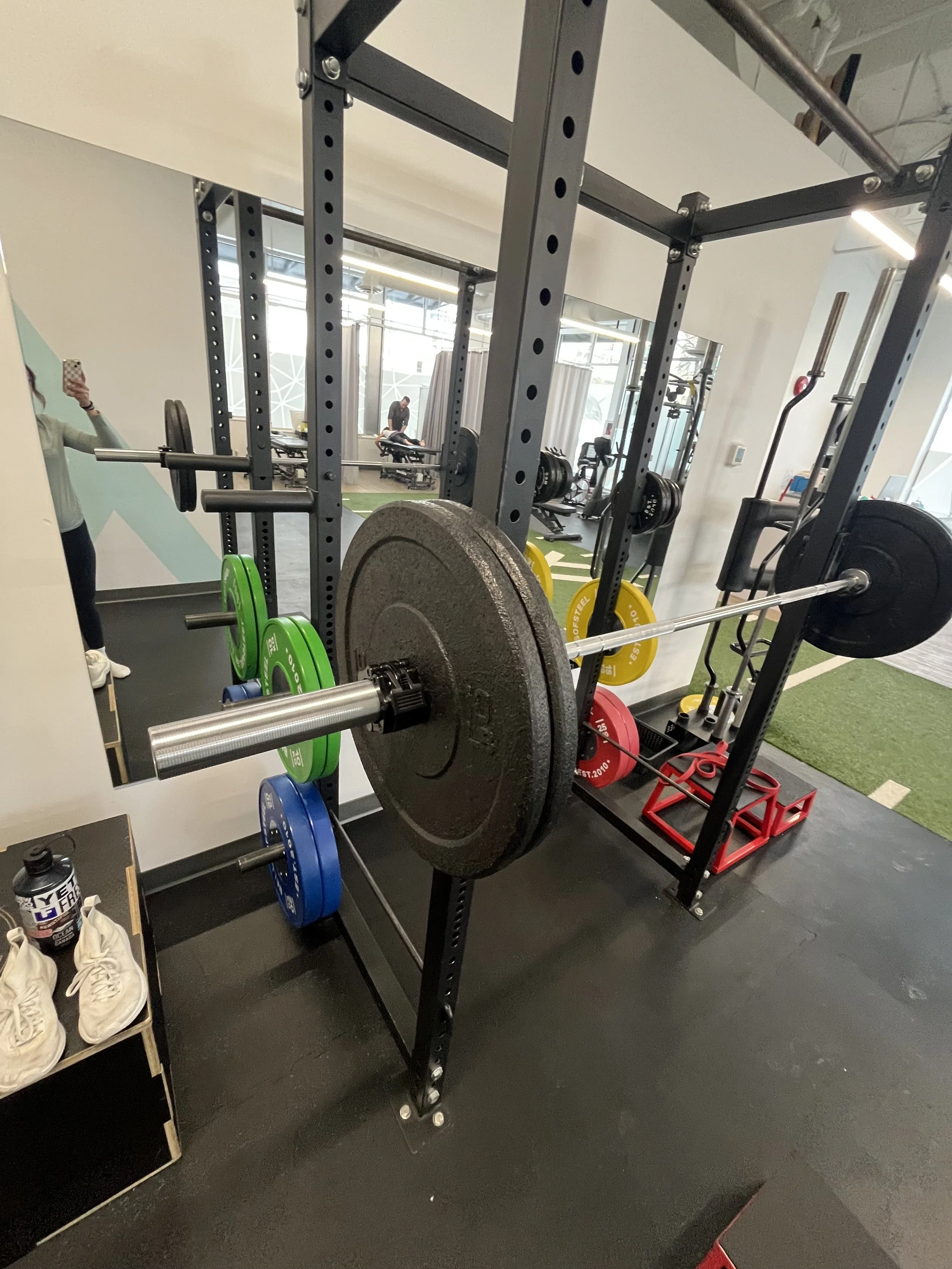COAST Physiotherapist Nika Sidiropoulos recently ran the BMO Vancouver Marathon. Here are a few things she learned from her experience.
For many, running a marathon feels impossible. The time, effort, and challenges along the way can be overwhelming. Someone once told me, “If you can’t appreciate the process, you’ll never fully appreciate the race.” That stuck with me.
In my experience, the journey to the start line was what made crossing the finish line so meaningful. Every hour of training, every hard run, and every recovery session made that medal on my wall more than just a piece of metal—it became a symbol of my dedication to the process.
This process didn’t just shape me as an aspiring wanna-be athlete hungry for physical challenge. It also gave me valuable insight as a practitioner working with others chasing their own physical goals.
While everyone’s marathon journey is different, here are the biggest lessons I took away from mine:
Marathon Training: Stress, Rest and Progress
Training = Stress. Training + Rest = Progress.
Most people—myself included—start by hunting for the “perfect” training plan, usually packed with running, running and more running. Increased training means increased stress on the body. Without proper recovery, burnout is inevitable with the volume demands of marathon training.
And yes, I burned out in my training block. I ignored my own limits at times, juggling marathon prep with work, life, and everything else. My advice: respect the training load, prioritize recovery, and don’t fall into the trap of glorifying the grind. Missing a run is not the end of the world if your body is telling you it needs more time. Treat your training plan as a template, a guide rather than a strict regiment. Your body will tell you a lot, so listen to it.
Fueling For A Marathon
Fuel Like It Matters—Because It Does.
Fuel properly—before, during, and after training—is key to getting through it. As a woman athlete, I became acutely aware of how common underfueling is, and how rarely it’s discussed.
Carbs are not the enemy. Neither is eating more when your body is working harder than ever. Your body is doing something incredible—honor that with nourishment, not restriction.
High training loads can change your body—and that can feel hard, especially when body image pressure is the grey cloud that looms over you. It’s tempting to underfuel to avoid those changes, but the truth is: adaptation, recovery, and progress all require fuel.
You can’t out-train or under-eat your way around this. Your body is showing up for you in powerful ways. Let it. Support it. Fuel it.
Strength Training For A Marathon
Strength Training Isn’t Optional.
Before I ever started running, I was in the gym. And I can’t stress this enough: strength training is essential. Running places a huge load on your body's structures. Without a solid strength base, injuries are far more likely with such repetitively impactful sport.
As a clinician, I see this all the time—people trying to run without the structural capacity to handle it. Strength training builds that capacity. You won’t make big gains in both strength and endurance at the same time, but you can—and should—maintain strength throughout your training. Strength/Cross training during your marathon training is about keeping yourself strong and managing your volume.
Enjoy The Journey
Remember Why You Started—and Enjoy It.
I began this marathon journey on my own, but it quickly became something much bigger because of the people who showed up along the way. Their support kept me grounded, especially on the hard days. I set out to prove something to myself, but I ended up being reminded how powerful it is to build something meaningful with others. The community that formed through this experience was unexpected and unforgettable—and that made all the difference.
Running a marathon taught me far more than how to log miles or follow a training plan. It challenged my body, tested my mindset, and reshaped the way I approach both exercise and recovery—in myself and in the people I work with.
Whether you’re training for a race or simply pushing toward a personal goal, remember to congratulate yourself when you get up to the start line because the process is the biggest reward, and it’s what brings you to that moment.






